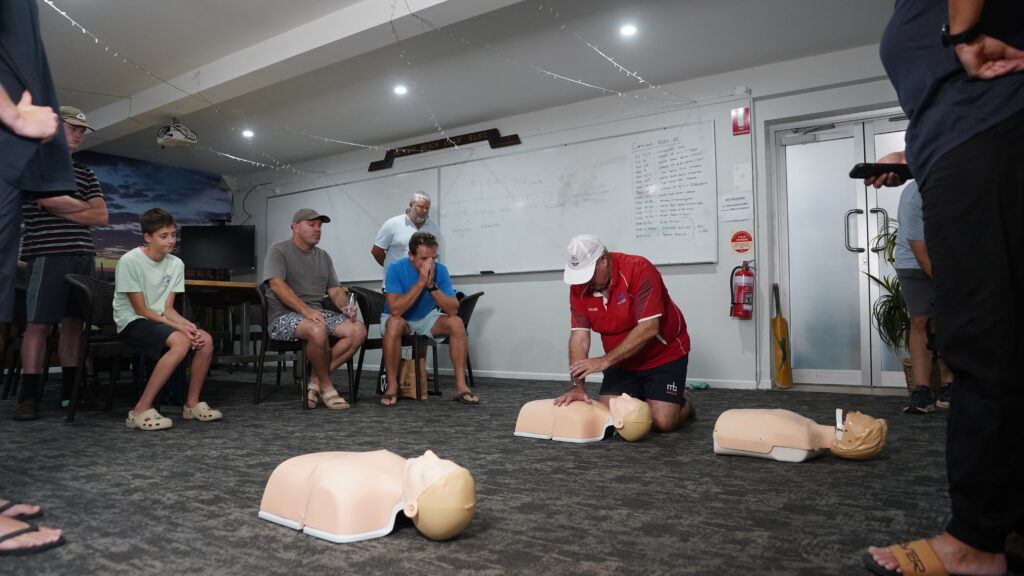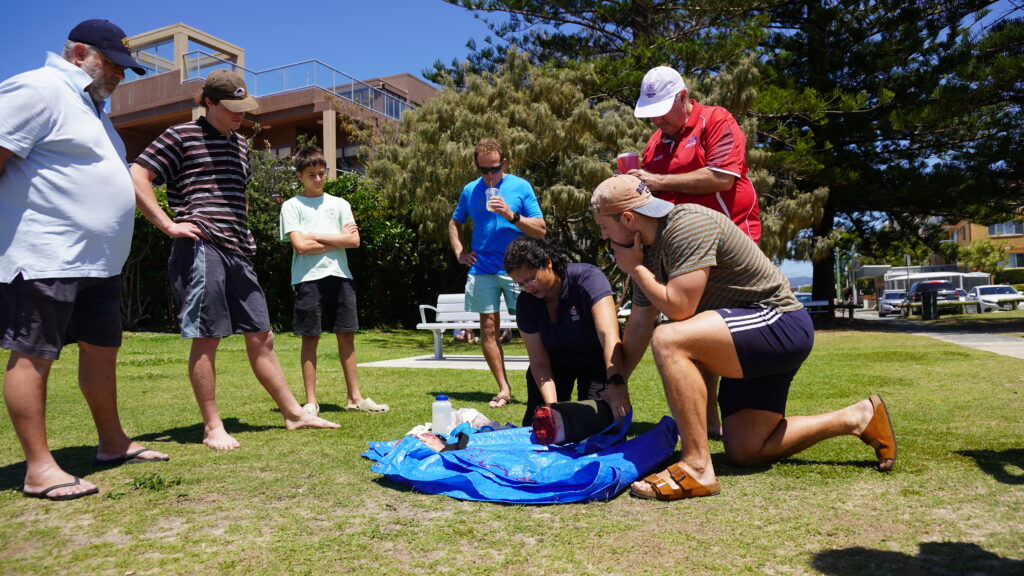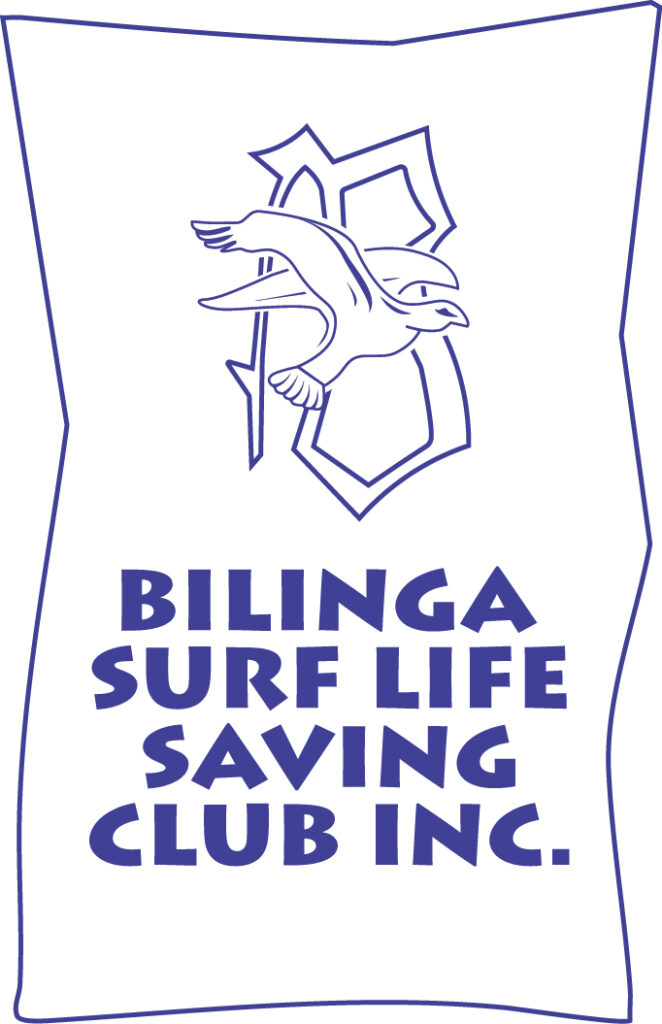Training and Education
Training is at the heart of lifesaving. It gives you the skills and confidence to step up when it matters—whether that’s spotting hazards early, treating a first aid case, or making a safe rescue. At Bilinga SLSC, we make learning practical, supportive, and fun so you feel ready from day one.
Why training matters
- Confidence in the surf and on the sand: Know what to do, when to do it, and how to do it safely.
- Safety for you and others: Learn proven techniques that reduce risk and prevent incidents.
- Teamwork under pressure: Train with your patrol so communication and roles are clear.
- Skills for life: First aid, leadership, decision-making, and community service that transfer beyond the beach.

How Training Works
CHECK YOUR PRE-REQUISITES
CHECK YOUR PRE-REQUISITES
Before starting a Surf Rescue Certificate (SRC) or Bronze Medallion course, you’ll need to:
- Be a current Bilinga SLSC member.
- If you’re 18+: hold a valid Blue Card (Working with Children Check). We’ll help you lodge and link it.
- Complete a pool swim within set time and distance (bring the completed SLSQ Individual Pool Swim Form). This form will need to be signed off by an accredited swim coach.
- Get a USI (Unique Student Identifier) – create yours at usi.gov.au.
- Create an aXcelerate account (our online learning platform for theory modules). This will be provided to you.
- Register your interest by emailing cto@bilingaslsc.com.
Tip: If you’re unsure about any step, email the Club Training Officer (CTO) and we’ll walk you through it.
ENROL AND START LEARNING
- Online theory (aXcelerate): Work through short modules at your own pace.
- Practical sessions (beach & pool): Hands-on training in rescue skills, first aid, radios, and patrol operations.
- Support all the way: Trainers and mentors will coach you, answer questions, and build your confidence.
ASSESSMENT
- SRC assessment is usually held at the end of your course block.
- Bronze assessment may run on a set day (often scheduled after the training block, depending on dates).
- We’ll confirm assessment details and help you feel ready.
- Assessments for other courses (Radio, first aid etc can be conducted by our team).
JOIN A PATROL TEAM
Once you’re signed off:
- We’ll place you into a friendly patrol team and introduce you to your Patrol Captain.
Ongoing training & upskilling
After SRC/Bronze, you can continue your development through club- and branch-run courses:
- IRB Crew & IRB Driver – register your interest with John via cto@bilingaslsc.com.
- Skill Maintenance (proficiencies): You can attend at other clubs if needed—just email John first so we can record it.
- Branch courses (check the Point Danger Branch calendar).

